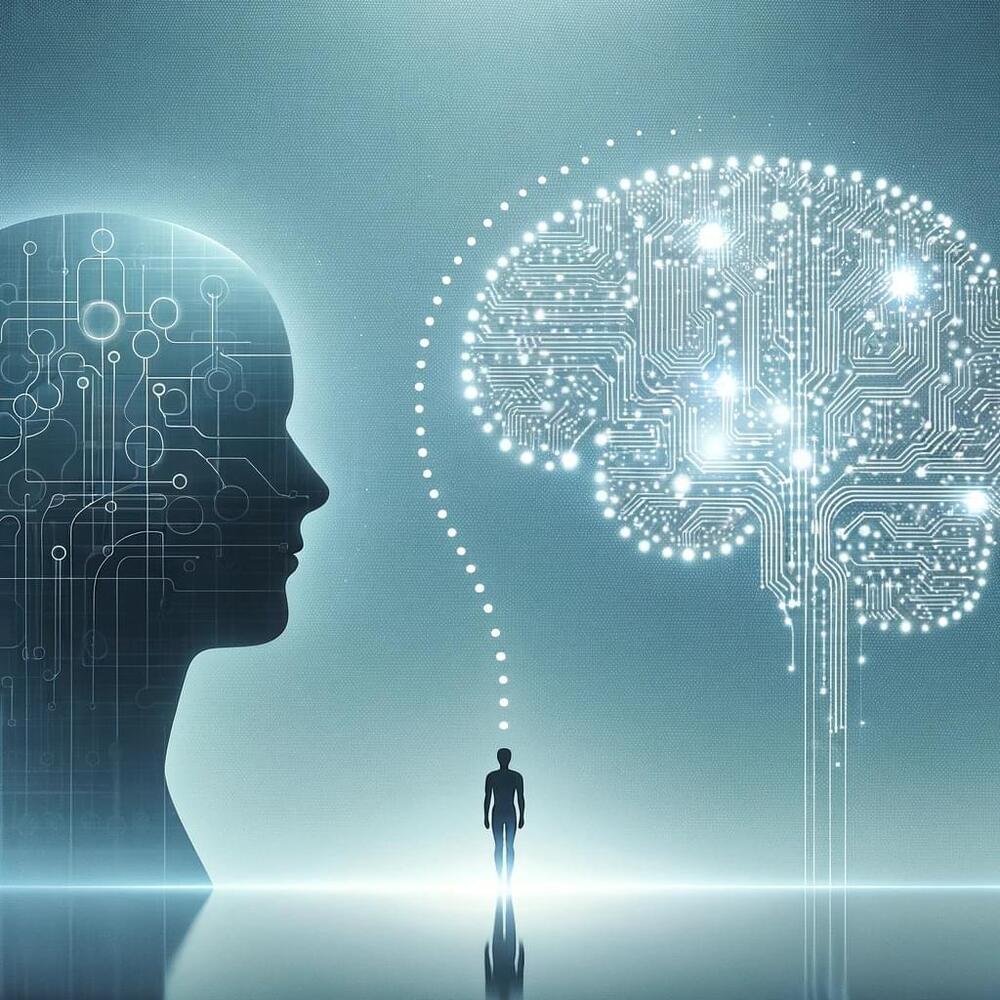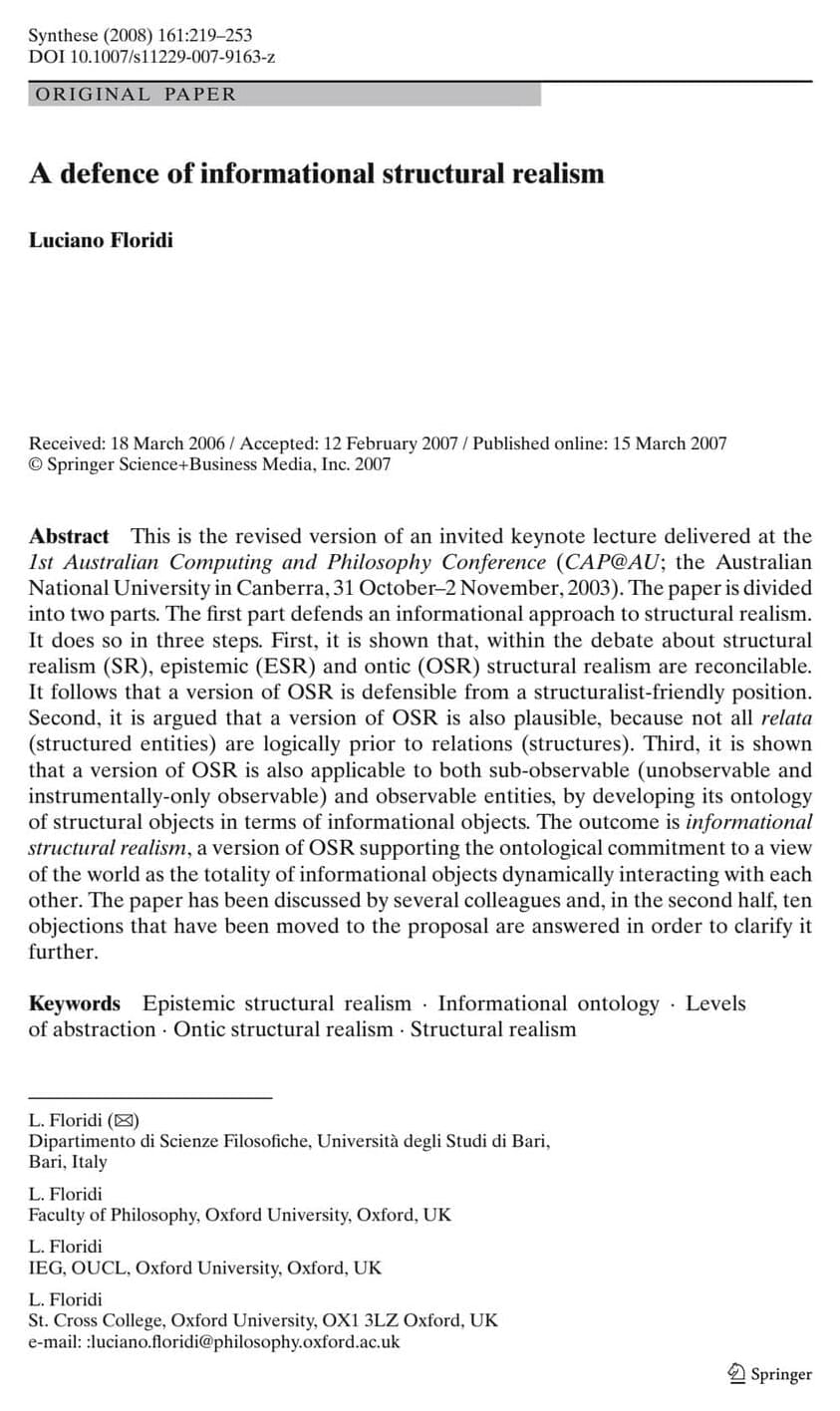It’s pretty hard to imagine the world through someone else’s eyes, especially different animals. But a new study using lab-grown human retinas reveals that even between different humans, our vision is extremely diverse.
And it might be to do with how the red and green cones form in our retinas. Cones are light-sensing cells in vertebrates’ eyes; their combined responses to different wavelengths enable color vision.
Humans and some closely related primates are some of the only mammals known that can see the color red, as well as green and blue.







